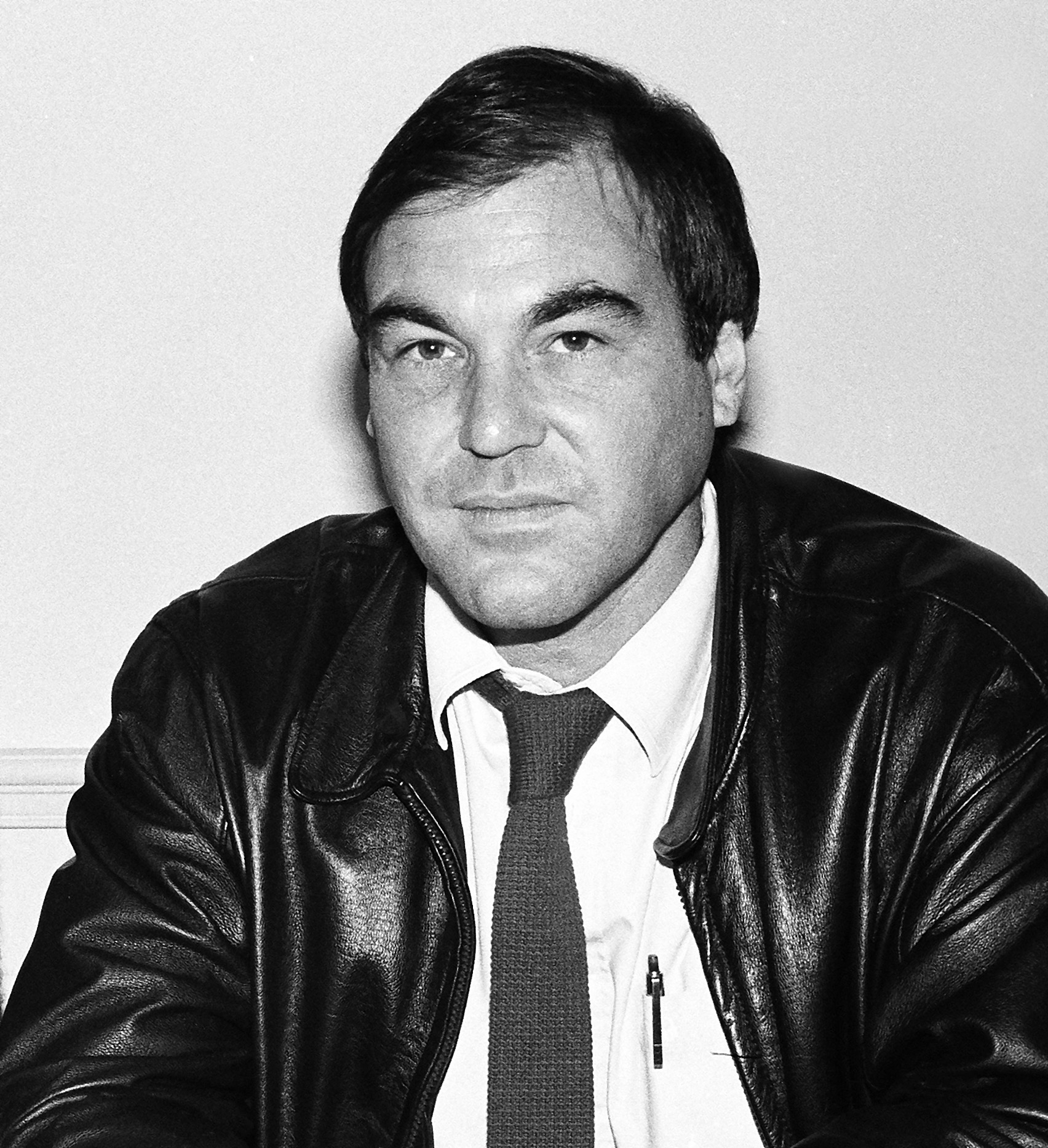
- Golden Globe Awards
Oral History: Oliver Stone and the Vietnam War
Oliver Stone wrote and directed three movies about the Vietnam War, Platoon (1986) with Charlie Sheen, that earned him a Golden Globe as Best Director, Born on the Fourth of July (1989) with Tom Cruise from the memoirs of paraplegic veteran and anti-war activist Ron Kovic, that earned him two Golden Globes for Best Director and Best Screenplay, Heaven & Earth (1993) from the autobiographical books by a Vietnamese woman, Le Ly Haislip.
HFPA journalists interviewed him for each of these films, and this is what he said.
“My father was to the right and I was brought up in the belief that we were fighting communists in Vietnam, that I would be serving my country and doing the right thing there. I believed the romantic illusion about war based on the John Wayne and Audie Murphy movies, and volunteering to go to war seemed a way for me to fulfill the rite of passage to manhood.
“No matter how much I deny it, Vietnam will stay with me until the day I die. It was the central event of my adolescence; I was nineteen to twenty-one then, I came of age in Vietnam, so I will always feel associated with that generation of young men, and if it were forgotten, then those men would have died for nothing.”
“The Vietnam War was, in my opinion, a tremendous tragedy, a mistake in foreign policy, the United States entered into a war without any moral purpose or integrity.”
“We, the veterans thought that the war would be over the day we left Vietnam, and we were very happy to leave. When we arrived back to America, it was like being slammed in the back of the head, because the tensions on the home front were enormous, and Americans were indifferent, they didn’t care. Literally the Vietnam War was just something that was on TV for five or ten minutes a day in the news.”
“No war can be called over until the participants understand what happened to the other side too. It’s a recurrent human concept of World War II, that applies to German and . It is a necessary human intercourse to go and understand what your enemy went through, then he becomes your friend or somebody you appreciate and have compassion for.”

